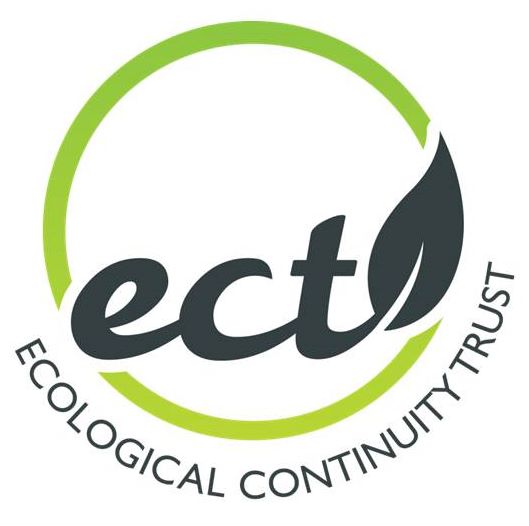The Buxton experiment is the longest-running climate change manipulation experiment in the UK.
Impacts:
scientific impacts demonstrated through molecular changes to plant reproduction and development traits in the face of climate change simulations
science communication through pioneering use of Virtual Reality (VR) headsets to bring the experiment to the public remotely
Impacts:
economic benefits to water utilities and consumers via cost savings realised through a better understanding of moorland management in a drinking water catchment
societal benefits through Government intervention in the upland management of blanket bog, yielding improvements in habitat and associated ecosystem services
Impacts:
economic benefits of liming acidified grassland demonstrated through improved herbage yields
societal benefits demonstrated through improved biodiversity
a ‘proving ground’ for the impacts of policies to reduce acid rain, manifest through improved biodiversity
Impacts:
societal benefits demonstrated through Defra-led policy changes which limit aerial nitrogen deposition to vulnerable habitats and ecosystems
economic benefits gained through data relevance to nitrogen (ammonia) pollution from the chicken farming industry
Impacts:
scientific impacts specific to understanding the effectiveness of novel bracken control methods in upland grazing habitats
economic benefits to landowners via contribution to a Defra Technical Advice Note which now forms the basis for bracken control/upland restoration throughout Great Britain
societal benefits demonstrated through improvement in biodiversity







